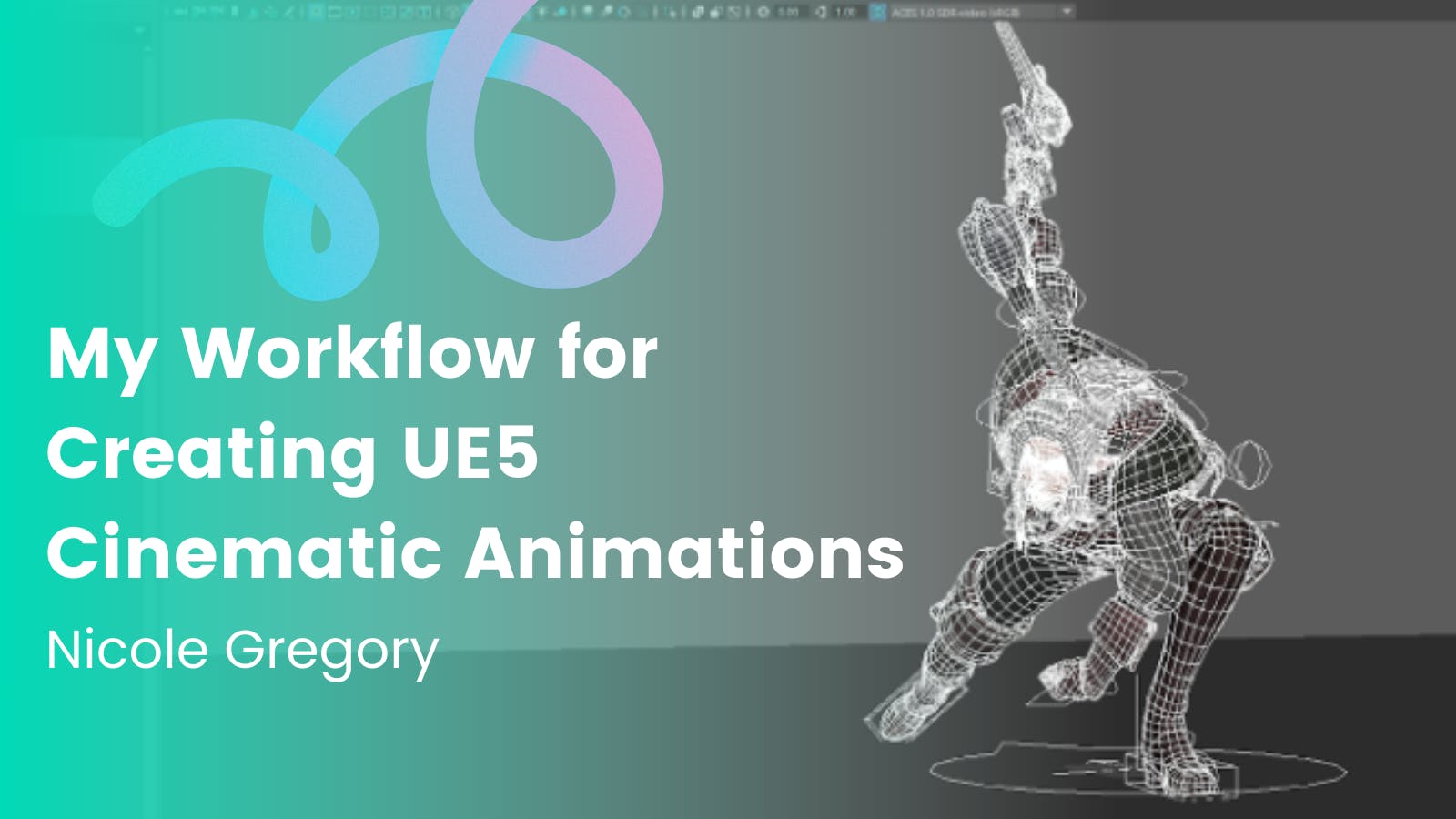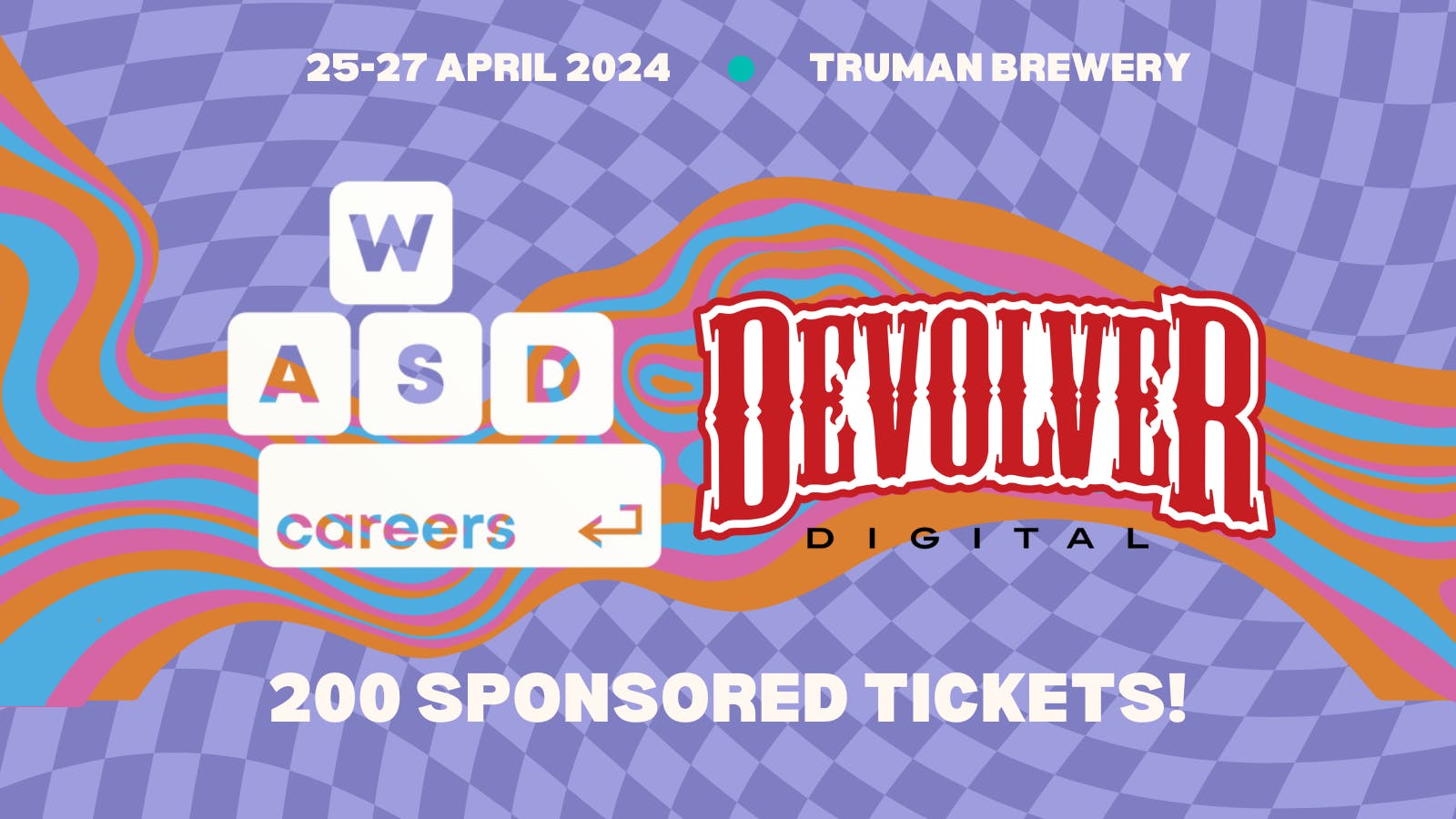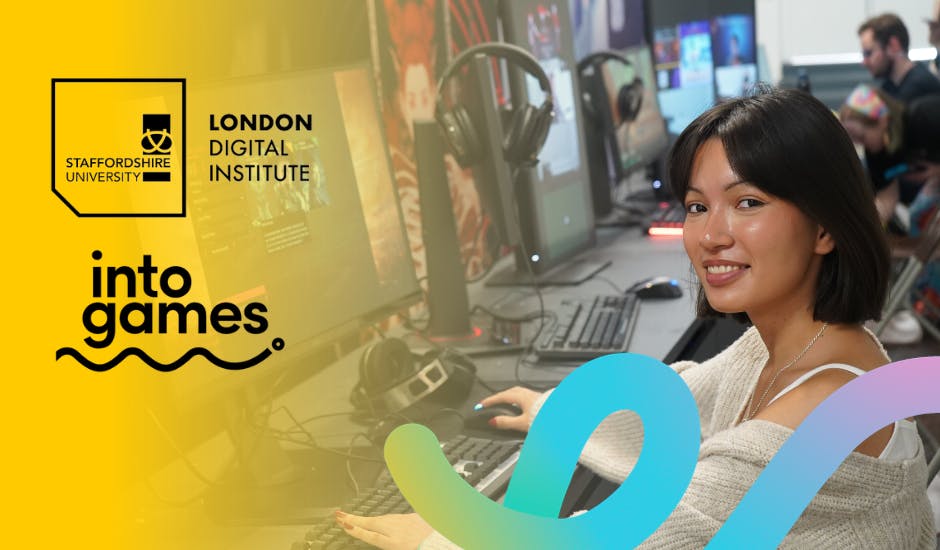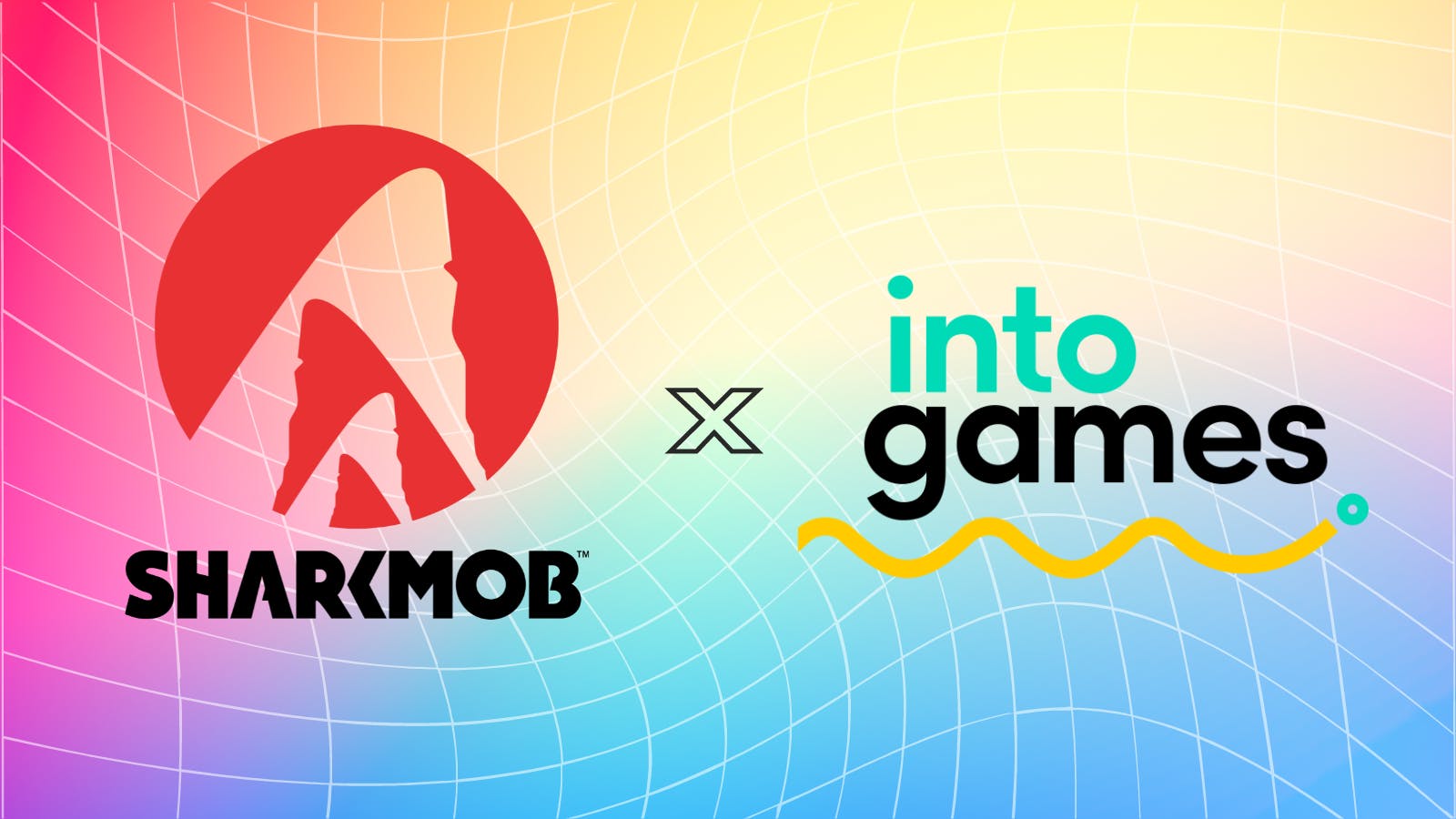YOUR LEARNING JOURNEY
Most people working as an Engine Programmers have a degree in engineering, games or computer science. Above all, you should be someone who loves technology, coding, making things and problem-solving.
As a professional, you’ll be responsible for the creation, maintenance and modification of the software that hosts game development. The most popular game creation engines use the coding languages, C++ (Unreal) or C# (Unity), but languages like Java and HTML5, are also used depending on the game type. Check out our guide to programming languages for more information.
Working in the games industry is highly competitive and you’ll need to make sure your CV stands out to employers and course leaders.
Many Engine Programmers begin their career in junior programmer positions to gain important work experience and work their way towards this role. Your CV should outline previous experience, demonstrating a range of programming skills and achievements. For more general ideas on developing your CV, see our top tips page.
Whatever role you are working in, it is essential that you understand the game making process. You can head to our build a game section for first steps; join a regular game jam to build up your skills & network; or start modding others games to gain experience.
.jpeg?ixlib=gatsbyFP&auto=compress%2Cformat&fit=max&rect=0%2C51%2C500%2C409&w=453&h=371)


.png?ixlib=gatsbyFP&auto=compress%2Cformat&fit=max&w=1600&h=900)


.png?ixlib=gatsbyFP&auto=compress%2Cformat&fit=max&w=1600&h=900)
.png?ixlib=gatsbyFP&auto=compress%2Cformat&fit=max&w=1600&h=900)